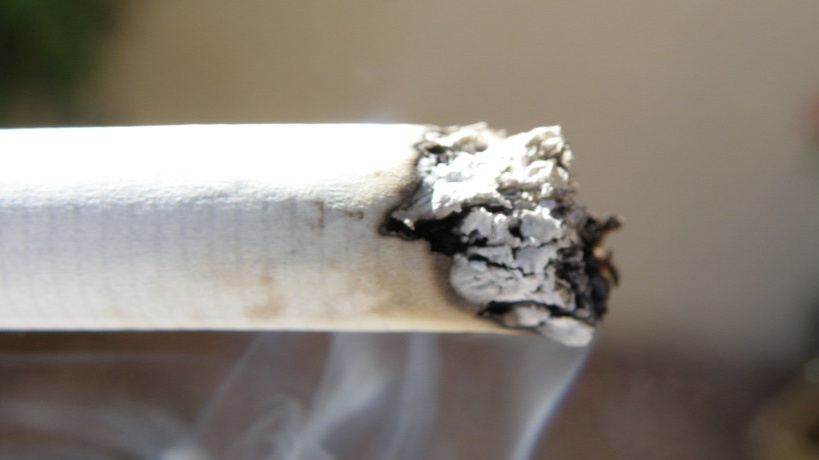A new study published Tuesday in PLOS Medicine suggests that affirmative action bans might lead to increased rates in smoking among minority students in the 11th and 12th grades.
Researchers at the Perelman School of Medicine at the University of Pennsylvania discovered that a percentage of these students are more likely to continue smoking in their twenties when compared to students who live in states without an affirmative action ban.
"The findings align with a growing evidence base demonstrating that social policy is health policy," said Alexander Tsai, the study's senior author, in a press release. "In this specific case, our study shows that economic opportunity can have a meaningful impact on shaping population health."
Researchers looked at data from the 1991-2015 U.S. National Youth Risk Behavior Survey — a database that includes information on approximately 35,000 high school students.
For the survey, students were questioned about their health patterns, including their smoking and drinking habits. Researchers focused on how often Black, Hispanic and Native American teens smoked cigarettes and drank alcohol in states with affirmative action bans versus those without.
Smoking among minorities in the 11th and 12th grades increased 3.8% in the same year bans were discussed or implemented, while self-reported drinking increased 5.9% and binge drinking increased by 3.5%.
There was no reported change in smoking or drinking among minority teens in states without an affirmative action ban.
Further, researchers also found that 1.8% more minority students who lived in states with affirmative action bans still smoked between the ages of 19 and 30, compared to their peers who lived in states without affirmative action bans.
Eight states in the U.S. have affirmative action bans: California implemented its ban in 1996, Florida in 1999, Michigan, Nebraska and Arizona implemented their bans in 2006, 2008 and 2010 and New Hampshire and Oklahoma implemented theirs in 2012. In April, Washington voted to strike down its ban on affirmative action.
"What this study shows us is that reducing their chances to attend a top college — and potentially undermining their expectations of upward mobility, more generally — may also increase their risk of engaging in unhealthy behaviors, such as smoking or excessive alcohol use," Atheendar Venkataramani, the study's lead author, said in the press release.
